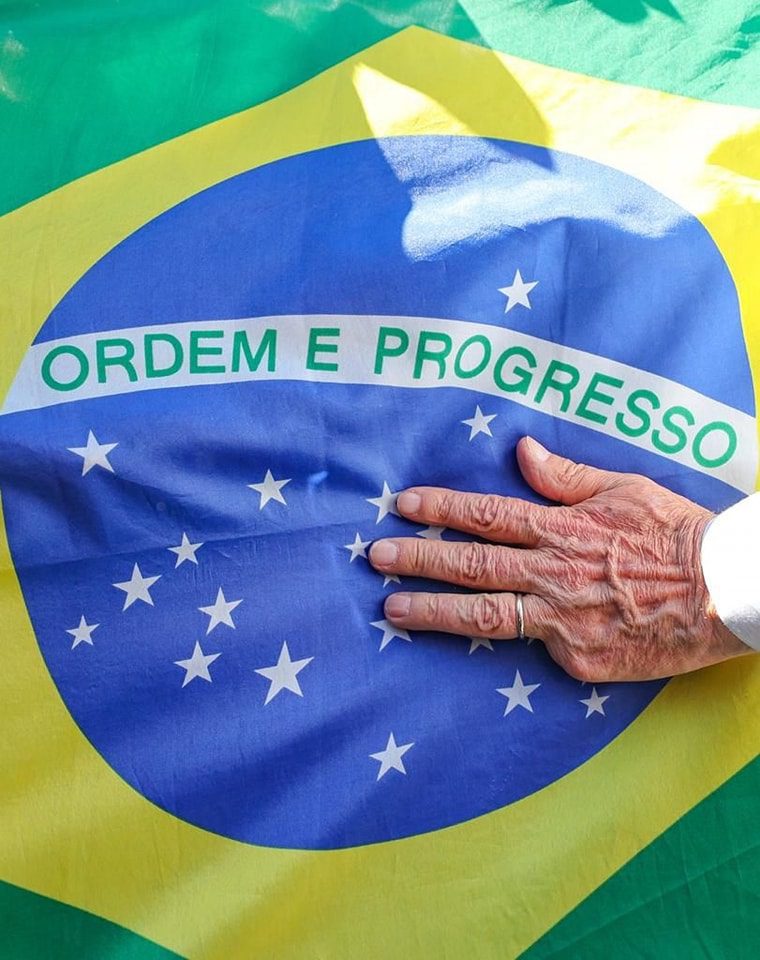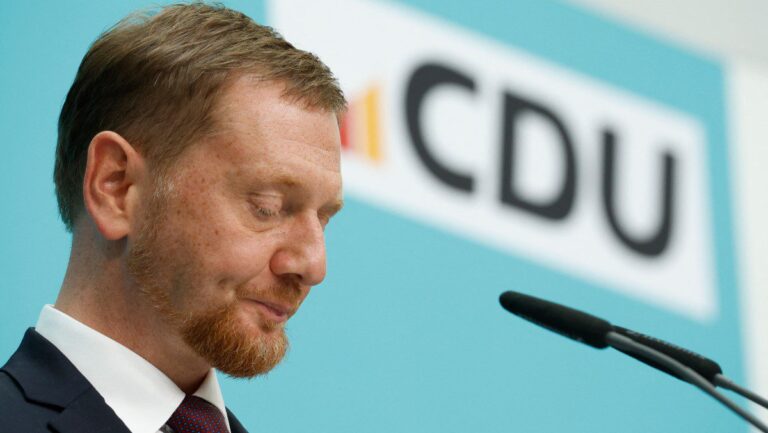Brazil’s center-right incumbent, Jair Bolsonaro, will not continue as president. The country’s electoral authority declared on Sunday, October 30th, that his opponent, leftist former president (2003-2010) Luiz Inácio Lula da Silva narrowly defeated Bolsonaro.
With 99% of the votes tallied, the election authority said da Silva’s victory (having garnered 50.9% of the votes) was a mathematical certainty and made its pronouncement.
It is the country’s closest election in over three decades, with just over 2 million votes separating the two candidates. As such, Latin America’s largest economy has added itself to a sequence of leftist victories in the region (after Chile, Colombia, and Argentina).
On Twitter, Da Silva reacted to his victory by posting a picture of him resting his hand on the Brazilian flag. Commenting on it, he simply wrote: “Democracy.”
Democracia. pic.twitter.com/zvnBbnQ3HG
— Lula (@LulaOficial) October 30, 2022
Da Silva’s inauguration is scheduled to take place on January 1st. As of the time of writing, Bolsonaro has yet to concede the election.
Reactions from world leaders are steadily coming in. One tweet, by French President Emmanual Macron, however well captures what must be the reigning mood among those with globalist leanings.
After offering his congratulations to da Silva, Macron said that together, they “will join forces to face the many common challenges and renew the bond of friendship between our two countries.”
Parabéns, caro @Lulaoficial, por sua eleição que dá início a um novo capítulo da história do Brasil. Juntos, vamos unir nossas forças para enfrentar os muitos desafios comuns e renovar o vínculo de amizade entre nossos dois países.
— Emmanuel Macron (@EmmanuelMacron) October 30, 2022
The renewal of bonds was an—impossibility, or so it is slyly hinted at—when Brazil had an elected president ‘guilty’ of harboring decidedly more nationalist—as well as Christian and social conservationist—allegiances.
U.S. President Joe Biden, meanwhile, praised Brazil’s “free, fair, and credible elections.” The EU’s top foreign diplomat, Josep Borrell, tweeted that he looked forward to “working together and advancing EU-Brazil relations with your government, and with new Congress & State authorities.”
Brazilian citizens went to the polls to elect their new president in a peaceful and well-organised election
— Josep Borrell Fontelles (@JosepBorrellF) October 30, 2022
Parabéns @LulaOficial on your election!
I look forward to working together & advancing EU-Brazil relations with your government, and with new Congress & State authorities https://t.co/JgSthRYGT9
For da Silva, it means a much-coveted return to power, after his 2018 imprisonment over a corruption scandal precluded him from participating in that year’s election—which was subsequently won by Bolsonaro, gaining him the presidency for 4 years.
Together with his leftist Worker’s Party, da Silva has pledged to bring prosperity back to his country—currently mired in slowed economic growth and soaring inflation. Yet, despite his victory, the 77-year-old’s task is far from enviable, as he now has to try to keep together a highly polarized society—a reality the distribution of votes starkly reflects.
Additionally, in Parliament, he will have to contend with Bolsanaro’s Liberal Party (Partido Liberal, a big tent conservative party), which in the first round garnered a 60% majority. It won 99 seats (up 22 seats from 77), while Da Silva’s Workers’ Party has 68 in total, making it the second largest.
Such a majority could complicate da Silva’s government efforts to implement reforms or appoint members to the country’s Supreme Court. Bolsonaro’s party also occupies 13 (out of 19) seats in the Senate, which includes several of his government’s veterans.
The election campaign, especially after Bolsonaro’s unexpected survival through the first round earlier this month, and by which he had outperformed opinion polls, had been extremely tense and volatile, as Da Silva’s socialist vision andBolsonaro’s nationalism duked it out.
Yet, while one might be gaining momentum, both have matches still to come; as Brazilian history has amply shown, its path is ever far from determined.





